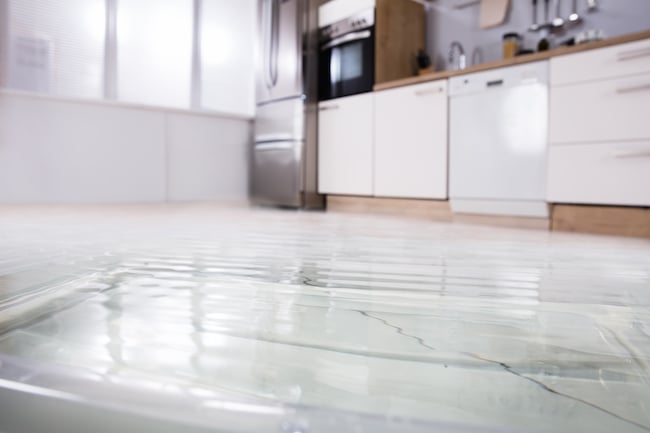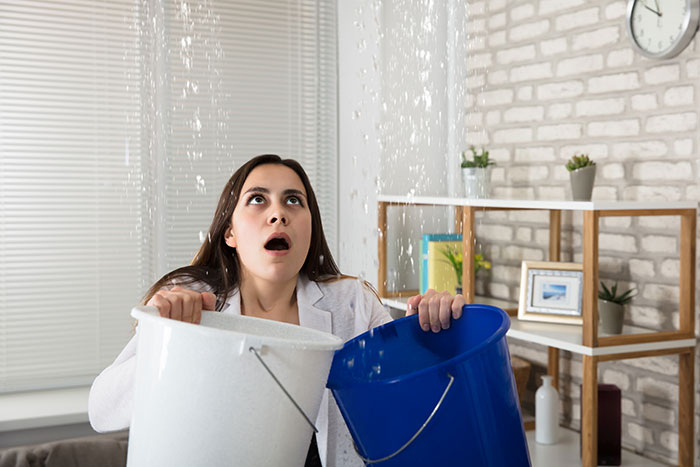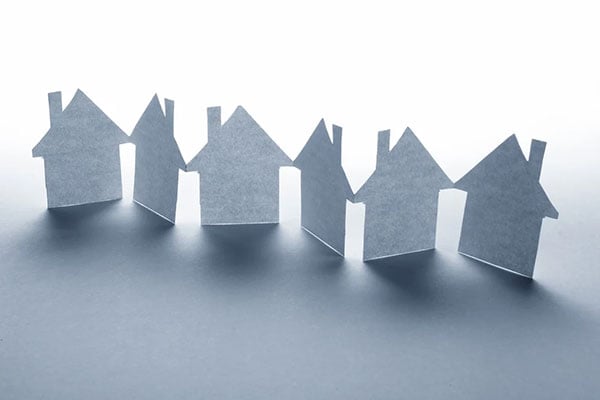Plumbing problems can be the worst frustration experienced by any homeowner, particularly if you live somewhere prone to hurricanes and other violent storms. When you live in a condominium association there is the added complication of determining who is responsible? The owner, the condo association or even a neighbor. There is also the matter of leaks which happen while the owner is out of town.
Who is Responsible for Condo Association Plumbing Issues?
HOA or Condo Association Duty:
- if the leak and subsequent damage are both in a common area, then the association is responsible for the cost of remediation.
- In some states, there are specific laws deciding who is responsible. Ultimately, though, there is going to be a negotiation between insurance companies.
Condo or Homeowner Duty:
- Kitchen Sink, Faucet, Garbage Disposal, Drain, Supply Lines and Angle Stops
- Appliances in your unit, such as Dishwashers and Refridgerators
- Bathroom Sinks, Faucets, Drains, Supply Lines and Angle Stops
- Tubs and Shower Enclosures including Shower Pans and Drain Lines
- Toilets, Tank Mechanisms, Wax Rings, Supply Lines and Angle Stops
- Water Lines that only serve your Condo or Home
- Drain Lines that only serve your Condo or Home
- Water Heaters that only serve your Condo or Home
When is it a Neighbor's Responsibility?
Condo Owners face some unique challenges because of the fact that they often share walls and some plumbing lines. In the case that a neighbor has a leak that has damaged your property, the neighbor's insurance will typically be involved but it may still fall on your insurance to repair or replace any items damaged in your unit. Evaluate your COA documents closely to determine the procedures and policies in place in your community.

The cost of professional remediation may be the responsibility of the association, or it may be split between the unit and the association. If the association insists on remediation, they should be willing to pay for it. However, if the unit owner was negligent, then all costs resulting from the problem should go to the owner. (This is one reason why it's important to define negligence in the bylaws). For example, if the unit owner does not report or try to prevent a water leak that then causes damage to the unit below, then they might be considered negligent - in fact, associations should make it a rule to immediately report any water leaks that are causing a flood. Of course, the association may also be considered negligent for, for example, failing to promptly and properly repair leaks or issues with the roof.
The most important thing is to work cooperatively rather than trying to point fingers and "blame" people. As water damage can cause structural problems and mold issues, it is more important to get the issue fixed than worry about who is going to pay for it. Associations should make sure that all owners have insurance that will cover water damage to their unit. Part-time owners (snowbirds or similar) should consider hiring somebody to check their unit regularly for problems that might cause damage to their property or to other units, or health issues (such as mold). The association should preemptively ensure that they have rules and policies in place to reduce the risk of water damage, such as obliging residents to report leaks promptly, giving residents access to the association's preferred plumber (this allows residents to report common-area leaks directly to the plumber) and to clarify who is responsible for what within applicable state law.
Also Important to remember, although condominium associations usually have to request permission before entering a unit, they can do so without permission or notice if the water leak constitutes an emergency. A leak that is causing damage to the property - or to a unit below it - does generally constitute an emergency.
If the owner discovers the leak, then the unit owner should immediately contact the board or the property management company, then move personal property away from the affected area. Any damaged property should be photographed immediately for purposes of insurance. If possible, they should be kept, unless the damage was done by black water (making the items toxic). Associations should consider making the emergency number of an approved plumber available so that residents can call them directly.
If the association discovers the leak, then the unit owner should also move property away from the area and photograph it. The association may want to check adjacent units, especially if the extent of the flood is serious. The association should always notify the property owner, but need not necessarily do so before entering the unit.





